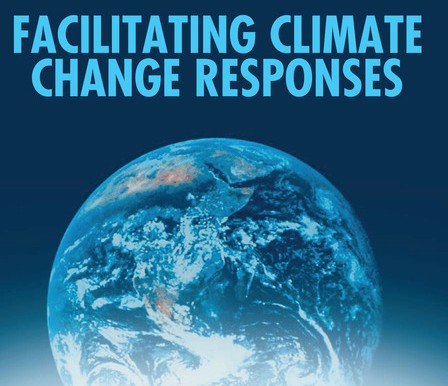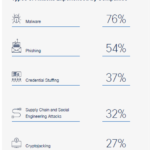May 25, 2016 – When Ontario announced its climate change policy last week the pundits and commentators couldn’t help themselves in their descriptions. Some stated categorically that “pigs would fly” before any of the positions taken by the government would become reality. The money class called it an infringement on capitalism and free markets. Conservative spokes persons describe it as “unicorn thinking.”
It is true that the 80 policies and 32 actions called for in the Climate Action Plan are ambitious beyond the scope of most climate change activist governments. It is also true that the $7 billion CDN to fund the plan seems awfully low-ball. And it is true that the industries in Ontario most affected, those automotive manufacturers and third-party suppliers will have to retool dramatically to meet the Plan’s ambitious timetable.
Other than the umbrage of commentators, however, it seems that the larger public took little notice of the government’s intent. Under the plan the cost of energy to heat homes will go up. Retrofitting older structures will receive subsidies so home owners may see this as an opportunity to replace old leaky windows, insulate walls, and install rooftop solar panels. Electric and hybrid vehicles will be promoted through significant subsidies. Homeowners will not be alone in being asked to contribute to a low carbon future. Businesses will share the burden as well. New construction will have to meet a low-carbon gold standard. Older facilities will be encouraged to renovate for the purposes of saving energy. And finally passive geothermal will finally come of age as an alternative energy source. So what’s beneath backyards and parking lots may turn into geothermal sinks to be tapped for heat in the winter and cold in the summer.
But all of this requires buy in from the public. How do you get that?
Transitioning to a low carbon future requires society to understand the whys and wherefores of making necessary changes. People need to understand how their own personal actions and behaviors can contribute to a society-wide outcome. Decision makers in government need to be better at educating the public. That, today, is decidedly lacking.
But there is an online site produced by Nature.com that explores these subjects extensively looking at how individuals, communities, companies and countries can engage in delivering a low-carbon economic future. In a content section on the Nature site entitled, “That human touch” the authors describe the general principles behind social engagement on the climate file. They state finding the right “routes to reduce fossil fuel consumption” requires daily discussion involving economists, scientists, sociologists, business and the public. “The moral aspects of our energy use” must be laid bare in terms of environmental impact both in the present and future. Justice and ethics applied to the climate change issue means looking at present and future infrastructure projects needed to ensure no future energy impoverishment while addressing the carbon problem. The emphasis is on personal responsibility. “We each have a role to play as energy users.” What are those roles? How can we personally adopt new practices and contribute to “a decarbonized, energy-efficient world?”
In a content section entitled, “Opportunities and insights for reducing fossil fuel consumption by households and organizations,” the authors describe how households and business can implement short and intermediate-term energy policies taking into consideration “psychological, social, cultural and organizational factors that influence energy choices.”
Another content section entitled, “Thinking through participation in renewable energy decisions,” examines how greater public participation can contribute to openness in policy development.
In the content section entitled, “Energy decisions reframed as justice and ethical concerns,” energy policy and technology are investigated from a justice and ethics perspective. Specifically the authors focus on five energy problems: “nuclear waste, involuntary resettlement, energy pollution, energy poverty and climate change.” Here the authors propose a framework based on availability, affordability, due process, transparency, accountability, sustainability, equity and responsibility.
As the government here in Ontario attempts the transition to a low-carbon future one hopes that the agents of change will include all of us. That as much as we receive directives from government on intended action, that throughout the public is fully engaged. Because that is the only way a path to a low-carbon future will happen.

















